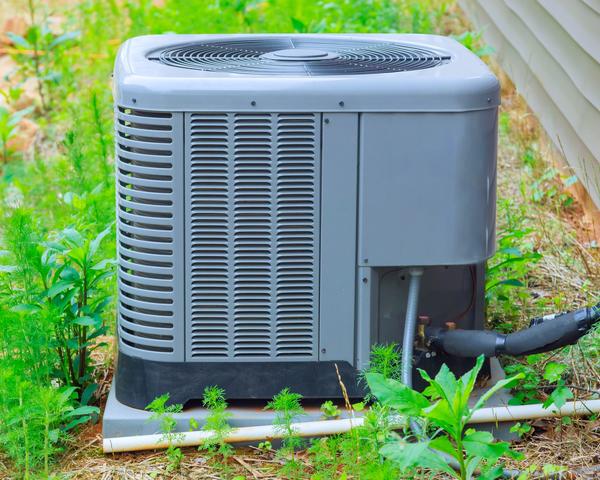Why Is My AC Blowing Hot Air

Is your AC blowing hot air? Anything from clogged filters and thermostat problems to broken parts and wiring issues can restrict your AC unit's airflow. To restore your air conditioner to prime condition, you need to pinpoint the root problem. In this blog, we'll review common reasons that an AC blows warm air, including the following:
Once you've identified the issue, you can repair your AC and enjoy cool, refreshing air again.
Stay Cool — Get Fast, Reliable AC Repair From Comfort Systems!
Since 1965, Comfort Systems has provided York County with 5-star cooling services. We're familiar with all types of AC repair needs and guarantee satisfaction with every job.
Thermostat Issues or Incorrect Settings
Your air conditioner does what your thermostat tells it to. So, if the thermostat settings are off, you may end up with warm air. To ensure your settings are correct, check the following:
- Thermostat mode. Ensure the thermostat is set to “cool" not "heat."
- Fan mode. Make sure the fan is set to “auto." If it's set to "on," the fan will just circulate air (even when the system isn't actively cooling).
- Display. If the display is blank or malfunctioning, you may need to replace the batteries.
A great way to prevent these problems is by upgrading to a smart thermostat. These devices allow you to easily access thermostat settings through your mobile phone, resulting in more reliable control.
Dirty Air Filters Restricting Airflow
Another simple explanation for an AC blowing warm air is dirty filters. Over time, your HVAC system's filters can become clogged with dust, debris, and dander. This restricts airflow, overheats your system, and causes warm airflow. In serious cases, clogged filters can freeze your evaporator coils.
In general, you should replace your filters every 1 to 3 months. You should also replace them if you notice the following signs:
- Visible dust or dirt
- Weak or warm airflow
- Musty odors
Replacing air filters improves airflow, reduces strain on your system, and boosts efficiency, thus reducing long-term costs.
Refrigerant Problems or Low Levels
Every AC system relies on refrigerant to absorb heat and help produce cool air. AC units don't "use up" refrigerant like fuel, so you don't have to worry about running out or refilling it. That being said, you can lose refrigerant through leaks. Here are some signs that you're low on refrigerant:
- Hissing and bubbling sounds
- Ice buildup on refrigerant lines or outdoor units
- Longer AC running times
If you suspect a leak, it's important to contact HVAC professionals. Only an experienced technician can diagnose this problem and recharge refrigerant levels.
Electrical or Capacitor Malfunctions
Is your AC fan running but not producing cold air? If so, you may have an electrical problem. Here are some common electrical issues:
- Faulty capacitors. The AC capacitor stores and releases electrical energy to power the compressor and fan motors. If the capacitor malfunctions, the compressor won't start.
- Tripped circuit breakers. If your circuit breakers trip, your AC outdoor unit may shut down entirely.
- Wiring issues. Burned wires and corroded terminals prevent electricity from properly powering your AC system, disrupting its performance.
When left unaddressed, electrical problems can damage your system and cause safety issues. That's why professionals should always handle them.
When to Call for Professional AC Repair
While some AC problems can be fixed with basic troubleshooting, others require professional intervention. You should contact HVAC technicians if you experience any of the following:
- Continuous warm air. If changing your thermostat settings and filters doesn't fix the problem, a technician can help diagnose the issue.
- Short cycling. Short cycling occurs when your AC system doesn't complete a full cooling cycle. This is typically connected to refrigerant problems.
- Strange smells or sounds. Musty odors or buzzing noises may indicate broken parts or electrical issues.
- Increased energy bills. A sudden increase in energy bills suggests a hidden HVAC problem.
The sooner you fix your AC system, the sooner you can restore comfort.
Stop Sweating — Let Comfort Systems Fix Your AC Today!
Is your AC blowing warm air? Comfort Systems' cooling experts are here to help. We're highly experienced in AC repairs and guarantee your comfort for life.